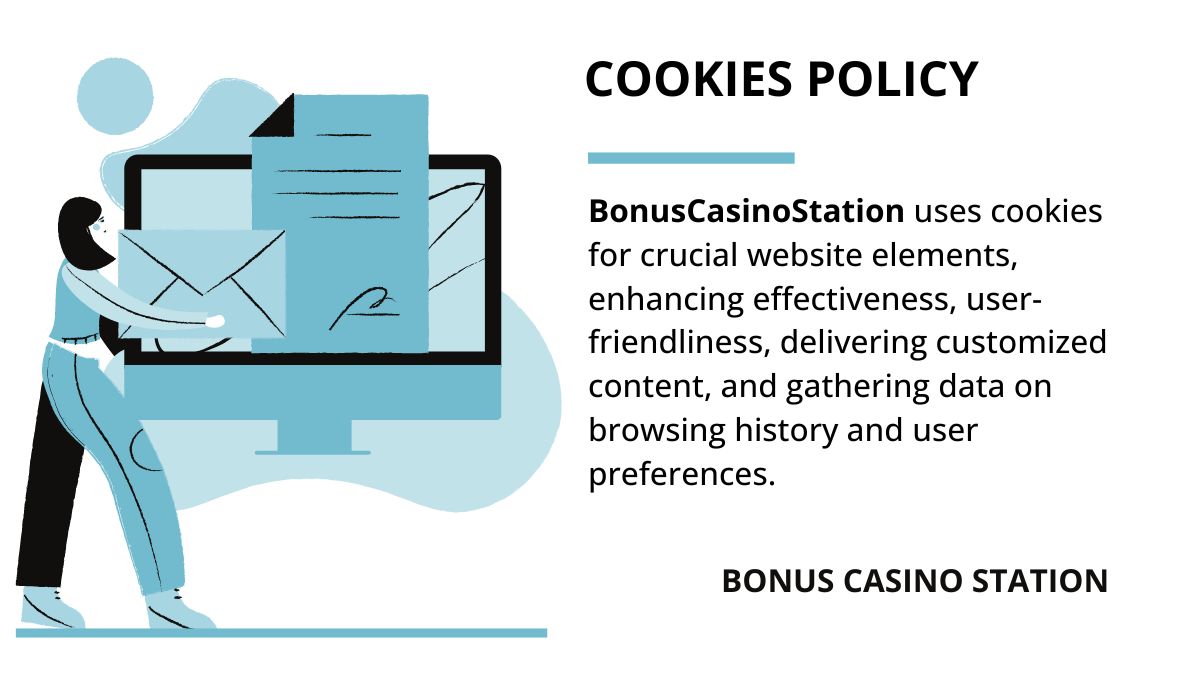What are cookies more specifically?
Cookies refer to small data fragments that are stored on your device by your web browser. Websites utilize these cookies to retain information about you, including preferences, login credentials, shopping cart items, and more. Cookies can enhance your browsing experience by personalizing it and making it more convenient.
There are various types of cookies available that serve different purposes and have varying lifespans. Some common types include session cookies, persistent cookies, first-party cookies and third-party cookies.

Session cookies are temporary in nature and remain active only during a single browsing session. They get deleted as soon as you close your browser. These particular types of cookies primarily function to track your activities on a website such as form submissions or adding items to a shopping cart.
Secondly, persistent cookies have longer lifespans depending on how they’re configured by the respective website. Unlike session cookies which get deleted when you close the browser window; persistent ones do not possess an expiration date tied solely to closing the browser but rather expire after a specific time frame or predetermined date has passed. Their main purpose is usually to remember user preferences/settings or store login information for future visits.
On the other hand, First-party cookies refer to the cookies that are set by the website you are currently browsing. Their primary purpose is to enhance your user experience and improve the functionality of the website.
Lately, third-party cookies are set by domains or websites other than the one you are visiting. These types of cookies serve various purposes such as advertising, analytics, and social media integration. They have the ability to track your online activities across different websites and compile a detailed profile based on your interests and behavior patterns.
 What are we using cookies for?
What are we using cookies for?
- Enabling crucial elements and functionalities on the website, including verification, safety measures, browsing capabilities, and inclusivity.
- Boosting the effectiveness and productivity of our website by enhancing its loading speed, content distribution, and error management.
- Enhancing the user-friendliness and aesthetic appeal of a website through improvements in layout, visual presentation, language usage, and personalization options.
- Delivering relevant and customized content as well as services to users through recommendations, promotional offers, advertisements, and integration with social media platforms.
- Gathering and analyzing data along with user feedback pertaining to browsing history, preferences, behavioral patterns, and satisfaction levels.
Controlling how websites store and use your data
Managing your browser’s cookie settings can help you control how websites store and use your data. Different browsers have different ways of letting you change your cookie settings, you can check their support site for instructions on how to clear cache and cookies.
If you wish, you have the option to disable cookies storage, restrict their creation on certain websites, or set up a notification system for when cookies are sent to your browser. Additionally, you can delete files from your computer’s hard drive whenever you desire. It is important to note that if you choose to block cookies (including essential ones), it may result in limited or incorrect page displays and potentially prevent access to certain parts of the website. Therefore, users must understand the functioning of cookies and learn how to control them based on their requirements and preferences
